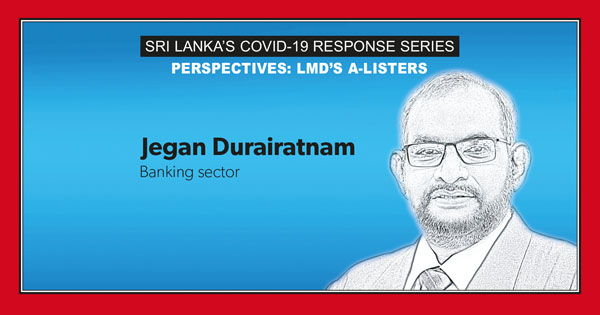LESSONS IN CRISIS PREPAREDNESS
Q: How do you view Sri Lanka’s COVID-19 response so far? What are the pros and cons? A: I for one am of the opinion that our initial response to the islandwide lockdown to limit the spread of COVID-19 was admirable. Timely action enabled the authorities to properly quarantine overseas returnees…
Q: How do you view Sri Lanka’s COVID-19 response so far? What are the pros and cons?
A: I for one am of the opinion that our initial response to the islandwide lockdown to limit the spread of COVID-19 was admirable. Timely action enabled the authorities to properly quarantine overseas returnees and infected persons adequately.
Apart from the islandwide lockdown, some other commendable measures were the efficient establishment of quarantine and recovery centres, such as the Infectious Diseases Hospital (IDH), mobilisation of the 1990 ambulance system and essential items delivery system, which was enabled in part to the private sector.
However, this [effort] hasn’t been without its shortcomings: sending soldiers of the tri-forces on leave during the crucial New Year period, after having requested the entire population to stay at home, might have removed the necessary infrastructure supporting our medical workers on the frontline.
Furthermore, not using the apex body – the Sri Lanka Medical Association (SLMA) – as the advisory body to the task force spearheading our response might have been shortsighted. Additionally, not engaging the full capacity for testing, including private sector laboratories, early on was a bad move.
This negatives have been exacerbated by extremely poor communication – usually only in one language for a multilingual population – ad-hoc decision making about easing the curfew and unclear directives covering physical distancing, which have caused unnecessary hardships to the people.
Q: In your view, how should the authorities balance the twin imperatives of safety and the economy?
A: There is no blueprint to anchor the response of any government around the world – however, in my opinion foremost in all strategies should be to save lives. You can revive an economy but cannot reverse the death toll.
Admittedly, this does cause complications because saving lives also requires the protection of livelihoods especially among low income and daily wage groups. As such, the government must carefully consider the right policies required to maintain this balance.
Q: What lessons have we – the business community – learnt from this crisis?
A: We have learned an expensive lesson – in spite of various contingency plans by governments and businesses worldwide, it is now clear that one can be too prepared to handle a crisis.
A crisis can arise in many forms: natural disasters, terrorism; economic and financial turmoil, and now health. Occasionally, these crises can be linked to each other as well; and as such, one can never be too careful. Steps must be taken in preparation for future crises, and we must never forget the theory that cash is king without ever leveraging beyond our capacity.
The question for the business community now will be how well it can redeploy its workforce quickly and adapt to change. Our workforce needs to be trained like the military to adapt and work at any time – in my opinion, this crisis demands that we should plan for fewer specialists and more all-rounders when hiring.
[wprpw_display_layout id=2]





